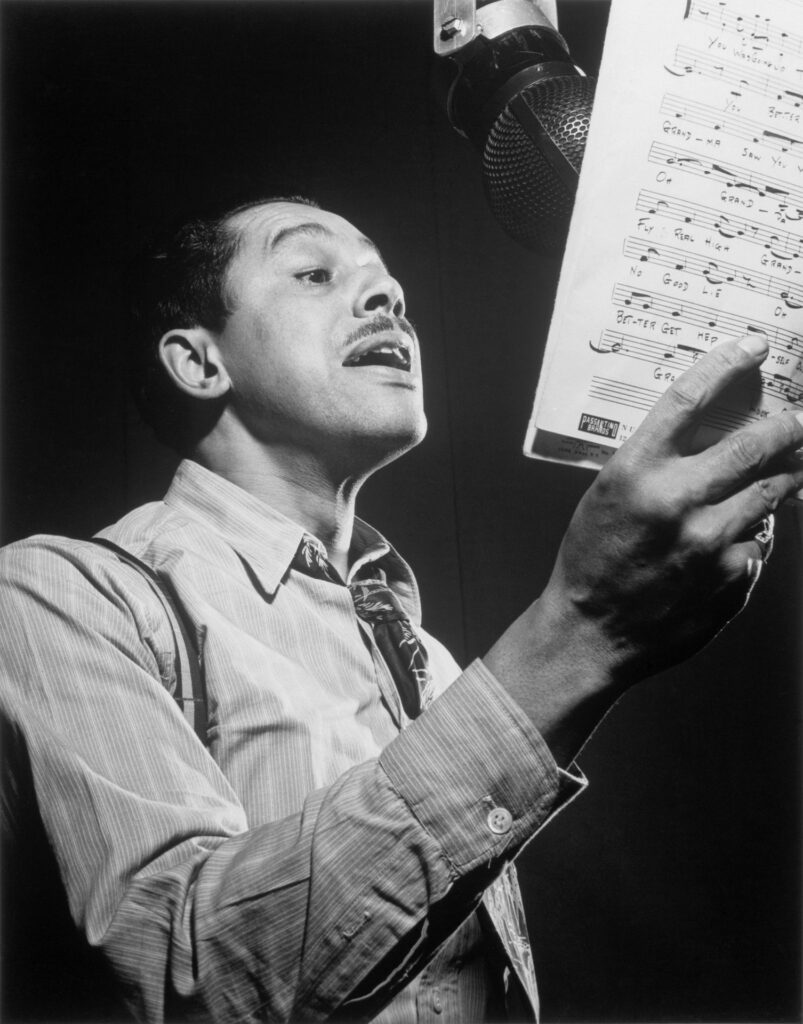Christian Gospel Music is a very broad topic, with a complicated history. There are many different views of the definition and origins of gospel music.
 Gospel music is still very popular today, it refreshes our spirits and speaks our soul. It has a way of lifting any burdens off our shoulders and give them to the Lord. Gospel music is powerful, it moves us, makes us snap our fingers and bob our heads. It can change our state of mind and be an effective therapeutic tool.
Gospel music is still very popular today, it refreshes our spirits and speaks our soul. It has a way of lifting any burdens off our shoulders and give them to the Lord. Gospel music is powerful, it moves us, makes us snap our fingers and bob our heads. It can change our state of mind and be an effective therapeutic tool.
The bible tells us King Saul found peace and relief in times of stress and torment when David played him music. “Whenever the spirit from God came on Saul, David would take up his lyre and play. Then relief would come to Saul; he would feel better, and the evil spirit would leave him.” 1 Samuel 16:23.
As we grow in our Christian faith, keep a song in your heart can bring us closer to the Lord. Kingdom Citizens Radio is an online gospel radio focusing on uplifting music, inspirational conversation, words of meaningful encouragement, teaching, and faith humor, that will entertain and share the hope through Christ.
This essay from the Library of Congress Collection of Musical Styles, African American Gospel traces the early development of African American Gospel. Here are some highlights:
During the 1930s, Gospel music emerged from the coalescing of three types of musical activity: a) the hymn style of Charles Albert Tindley (1851-1933) a Philadelphia minister who composed hymns based on negro spirituals, adding instrumental accompaniments, improvisation and “bluesified” third and seventh intervals; b) the minimalist, solo-sung “rural Gospel” tunes that appeared as a counterpart to the rural blues; and c) the uninhibited, exuberant worship style of the Holiness-Pentecostal branch of the Christian church.
A key figure in the development of Gospel was Thomas A. Dorsey (1899-1993). Referred to today as the father of Gospel Music, Dorsey pioneered the form in Chicago. Before devoting his career to the development of Gospel, Dorsey, the son of a Georgia Baptist preacher, was a prolific blues and jazz composer and pianist. The energetic rhythms and primal growls of secular music heavily influenced Dorsey’s sacred composing style.
From its beginnings, Gospel music challenged the existing church establishment. Black religious leaders originally rejected Dorsey’s approach because of its associations with the widely frowned-upon secular music styles of the era such as ragtime, blues, and jazz.
Thomas Dorsey teamed up with vocalist Mahalia Jackson (1912 – 1972) who, like him, had been exposed during her formative years to the Baptist church and the sounds of blues artists like Bessie Smith (through an aunt’s record collection). Together, Dorsey and Jackson bypassed the establishment and took their new Christian sound to the street corners of Chicago and elsewhere around the country. Jackson sang Dorsey’s songs while the composer hawked copies of his sheet music.
By the 1950s and 1960s, according to MasterClass,
Many gospel artists began to move into mainstream secular music. Soul and R&B singers such as Little Richard, Aretha Franklin, and Sam Cooke all learned their trade in Baptist and Pentecostal gospel choirs, which laid the foundation for secular R&B and rock music. Gospel music also deeply influenced the sound of soul in the 1960s. In more recent decades, artists like Kirk Franklin and Yolanda Adams have switched back and forth between gospel and secular music, selling millions of records in the process.
Kingdom Citizens Radio is an online gospel radio focusing on uplifting music, inspirational conversation, words of meaningful encouragement, teaching, and faith humor, that will entertain and share the hope through Christ
Join Kingdom Citizens Radio and keep your life planted in faith.


